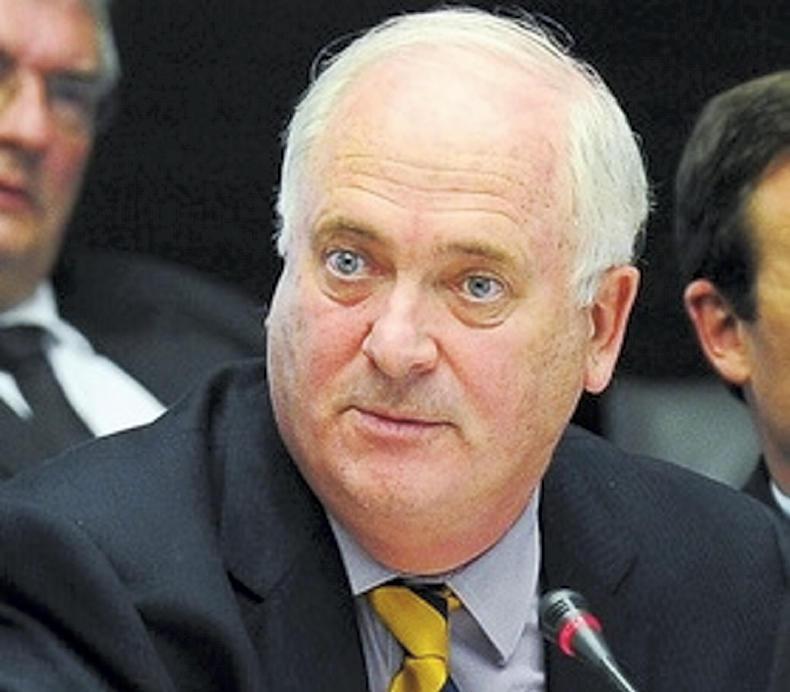An impasse in the Brexit talks has been reached, because the two sides have set themselves incompatible objectives.
The EU side wants a “wide-ranging economic partnership with a level playing field for open and fair competition” but the UK demands “sovereign control over its laws, its borders, and its waters”.
These two positions are radically incompatible. Any legally enforceable commitment the UK might give, in any trade agreement it might make with the EU or anyone else would, of necessity, diminish the UK’s “sovereign control”.
It would restrict what a UK Parliament might do in future. That is the very nature of an international agreement.
Even being in the World Trade Organisation (WTO) involves accepting its rulings which diminish “sovereign control”. The already ratified withdrawal agreement from the EU also involves a diminution of sovereign control by Westminster over the laws that will apply in Northern Ireland, although part of the UK.
By making “sovereign control” its negotiating mantra, the UK has set an impossibly high bar for its negotiators. On the other hand, the EU may also be over-reaching if, in the name of a level playing field, it insists that the UK gives upfront, detailed and Treaty-bound commitments on its future policies on State aid to support industry and on workers’ rights or the environment.
The trouble with this is that it is attempting to solve a hypothetical problem. It is attempting to deal, in advance, with what the UK might do, not what it has done, or concretely proposes to do.
Transport
Some details have to be nailed down in advance such as the rules for cross-border transport but domestic environmental, safety and social standards are different. A compromise might be that the UK and the EU agree detailed principles of future regulation by both sides on environmental, social, product safety and similar issues, and agree a system for consulting, interpreting and arbitrating on compliance with, these agreed principles.
The UK should remember that trade is a two-way street. The UK itself might need some protection against the possibility of unfair competition by German monopolies, or by French industrial champions backed by the French government. So an agreed EU-UK set of rules, with a dispute settlement and arbitration mechanism, would actually suit both sides.
A resolution of these controversial issues will require complex legal drafting, which cannot be left to the last minute. Late-night sloppy drafting could be politically disastrous.
Legal mistakes could be exploited by people, who have neither the UK’s, nor the EU’s, interests at heart. The time to compromise is now!
Another issue to be resolved is what to do about the trade deals the UK might make with other countries and how these might interact with the UK’s agreement with the EU. The UK has not even yet made up its mind on whether it will continue with an EU-style precautionary policy on food safety, on chemicals and energy standards and consumer protection.
Or will it choose to adopt the more permissive approach favoured by the US in order to secure a trade deal with the US? The more the UK diverges from existing EU standards, the more intrusive and extensive will have to be the controls on goods coming into Northern Ireland from Britain, to ensure non-compliant goods do not cross the Irish border into the EU.
So the more the UK diverges from EU standards, the more will Northern Ireland diverge from the rest of the UK. That will mean greater distress in Unionist circles in Northern Ireland.
Issues that are uncontroversial in themselves could assume vast symbolic significance and threaten the peace of our island. We should not forget that trade negotiations are about power.
The UK may be forced to make concessions to the US on issues such as hormone-treated beef, GMOs and chlorinated chicken. The US disputes the scientific basis of these aspects of EU food safety policy and has won a WTO case against the EU on hormone-treated beef. It would probably win a WTO case on chlorinated chicken too.
So the UK’s negotiating position will not be strong. If the UK wants to keep the existing restrictions, it will have to pay a price.
The UK would be in a stronger position to negotiate with the US if it had aligned itself with the EU. All of this shows that, in the absence of some sort of partnership agreement between the EU and the UK, relations could spiral out of control across the board.










SHARING OPTIONS